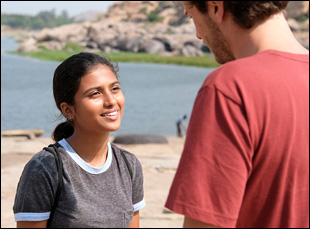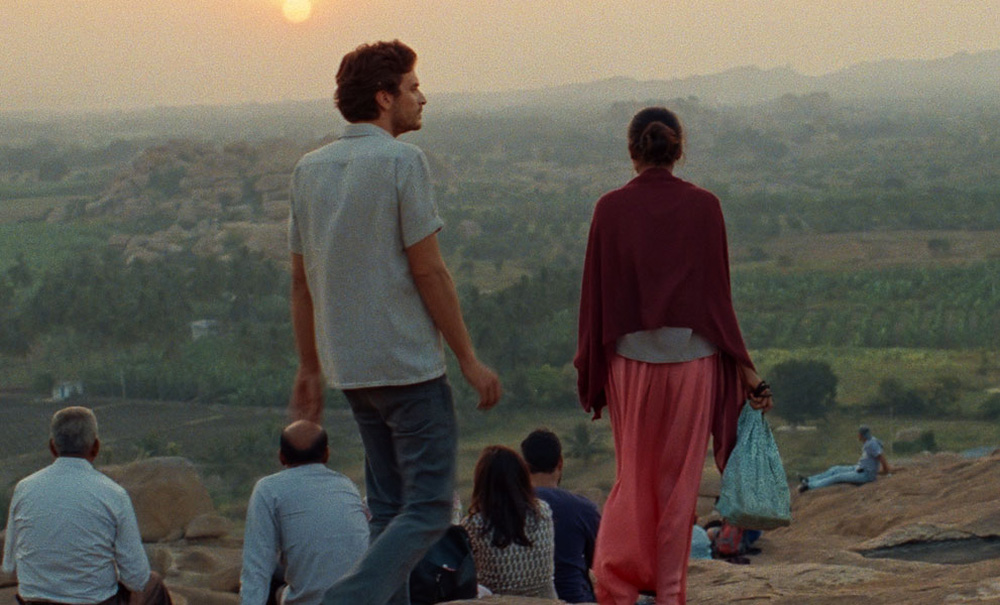Longtime admirers of Mia Hansen-Løve are likely to pick up on one very noticeable difference in her latest film “Maya” as it wears on, eschewing the signature fades that have allowed the writer/director to slip in and out of the lives of her characters as time passes. Of course, this is because time stands still for Gabriel (Roman Kolinka), a war journalist who has recently been returned from Syria where he spent four months in captivity after a fixer set up his crew, and rather than the gentle ellipses Hansen-Love is used to putting in, there are hardened cuts. Yet even if “Maya” is to some degree about stagnation, following Gabriel as he attempts to take his mind off things in India, it is not for the filmmaker who offers up one of her richest character studies to date.
While Gabriel’s near-death experience is a launchpad for “Maya,” the residual trauma is not exactly the film’s primary obsession, instead far more interested in how such an event can subtly change a person but not necessarily define them. You only get to meet Gabriel at the airport making his way home with fellow captive Frederic, but suggestions are made throughout the film that he always had a pretty clear idea of himself and what he wanted out of life before becoming a national cause celebre, keeping his head down reporting from war zones where he could be left alone. While Gabriel is serving the greater good, it becomes apparent his tours of duty have largely been serving himself, long wanting to avoid any personal ties that could weigh him down and now confronted with checking in with all those who have been concerned about him, whether it’s his mother who never hears from him or his girlfriend Naomi, who conveniently “forgets” after his return that the two had separated after she asked him to make a commitment.

Once again Hansen-Løve has made a film with “Maya” where you consider the future since she so thoroughly drops one into the lives of her characters that you don’t think life ends when she turns the camera off and the generosity she shows to all of them, free of judgment, continues to disarm and enrapture. Ironically, in tracking a man looking to disconnect from the world, she puts us in touch with our own humanity and out of a tragedy that will never go away for Gabriel, she finds beauty in how both he and Maya show strength at a time when it’s expected of them to be powerless, crafting a total knockout in the process.
“Maya” will next play at the London Film Festival on October 17th, 18th and 21st.




